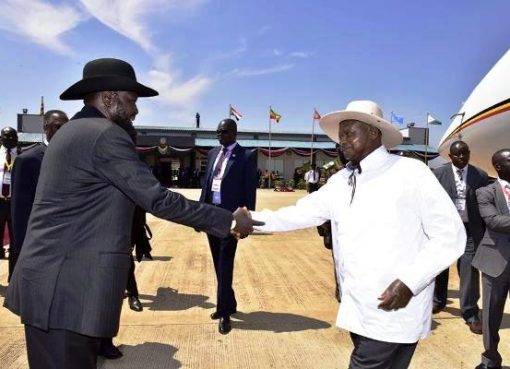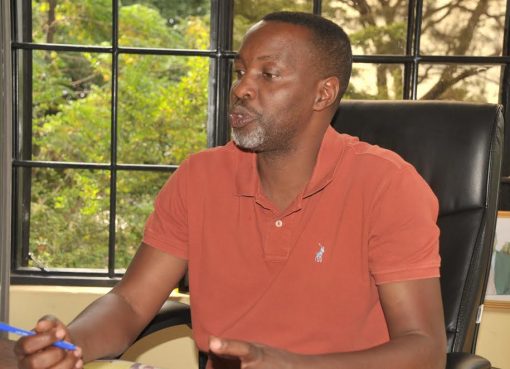Dangote Cement, Africa’s largest cement producer, has announced its unaudited results for the six months ended 30th June 2017, posting a 12.6 percent increase in sales volume across Africa.
In the financials released on the floor of the Nigerian Stock Exchange indicated that the increase in sales volume showed a growing capture of Pan-African market as Dangote Cement continues to gain grounds.
Revenues from operations in Nigeria increased by 34.5 percent to ₦291.4 billion while Pan-Africa revenue increased by 63.7 percent to ₦124.4B from ₦76.0B mainly as a result of increased volumes and foreign exchange gains when converting the sales from country local currency into Naira.
Analysis of the half year result revealed that sales volumes of African operations increased by 12.6 percent to 4.7 million metric tons with Sierra Leone making a 53 kt maiden contribution.
Record of sales from its operations scattered around the African continent revealed that a total of 1.1million metric tons of cement was sold in Ethiopia, almost 0.7 million metric tons sold in Senegal, 0.6 million metric tons sold in Cameroon, and 0.5 million tons in Ghana.
Also, 0.4 million metric tons of cement was sold in Tanzania and 0.3 million tons in Zambia. Sales volumes from Nigerian operations fell from 8.8Mt to 6.9Mt, occasioned by the onset of rains which stalled many construction projects.
Reflecting on the half year results, Dangote Cement’s Chief Executive Officer, Onne van der Weijde expressed satisfaction that the company’s revenues have continued to grow despite low sales from the Nigerian operations noting that the revenues grew on the strength of sales from other African operations.
“Our revenues have continued to grow despite the lower volumes seen in Nigeria, especially because of the recent heavy rains. Our margins have improved significantly, helped by improved efficiencies and a much better fuel mix in Nigeria,” he said.
He added: “We are using much more gas and increasing our use of coal mined in Nigeria, thus reducing our need for foreign currency and supporting Nigerian jobs.”





